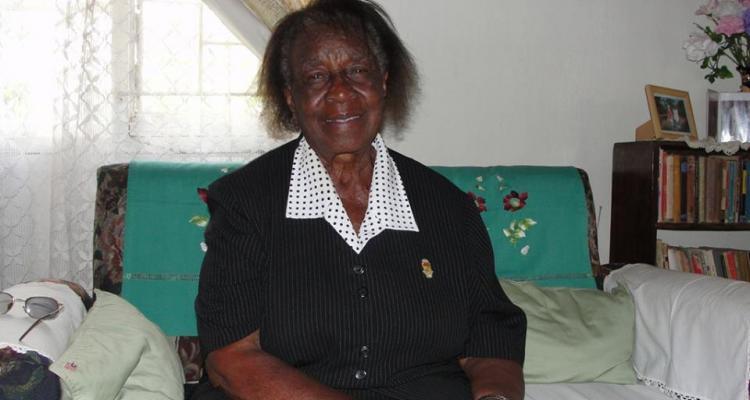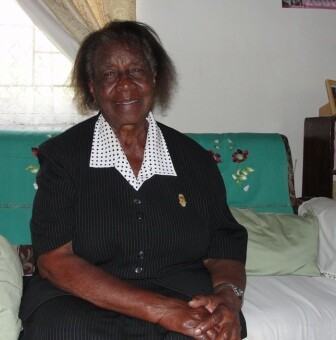
When you are emotionally touched with someone’s death, you are compassionately supporting mourners, by walking with them in their unique life journeys, and “treating” people in grief is respected.
The death of Rose Chibambo changes Malawians lives forever. And the movement from the “before” to the “after” is almost always a long, painful journey. From my own experiences with loss as well as those of the thousands of grieving people I have seen over the years, I have learned that if we are to heal we cannot skirt around the outside edges of our grief. Instead, we must journey all through it, sometimes meandering through the side roads, sometimes ploughing directly into its raw centre.

I have also learned that the journey requires mourning. Grief is what we think and feel on the inside after someone we love dies. Mourning is the outward expression of those thoughts and feelings. To mourn is to be an active participant in our grief journeys. We all grieve when someone we love dies, but if we are to heal, we must also mourn.
While we are mourning Mama Rose, the grief journey will be an intensely personal, unique experience.
All mourners must yield to this set of basic human needs if they are to heal, with the Chibambo family; we all have to unite as one.
We all have our own different stories to tell when someone we better know and love dies, but for Chibambo we will all have different terms but they will all mean one word” Hero.”
Here is someone called Minnie in her old age, sitting on her veranda recalling her personal experience of an encounter she had with Mama Rose Chibambo. During our conversation she said “A great warrior rests.”
Minnie met Rose when she was an 11 year-old girl. On this day she was walking from Zomba CCAP School along with other kids when they saw scores of people going up to the police unit.
“That was in 1959. Being kids interested with anything unusual, we joined the trek and it was then that I learnt that atsamunda [white settlers] had arrested several people including a mama Nyasulu (Mai Msonda). I remember several of us kids being worried about our Mai Msonda from Mebulo neighbourhood. In those days, all mothers in the neighbourhood (pa layini) were one’s mothers.
“I was one of the kids who decided to hang around to see the end of it. My family was close to the Msonda family. Finally, the arrested people came out of the police rooms and they were led unto a land rover. I vividly remember seeing mama Msonda and another lady waiving at the crowds as they boarded the vehicle. I was to learn later at home that the other lady was Mai Rose Chibambo,” cited Minnie while trying to recall some of achievements Rose Chibambo made in the fight against colonialism in Nyasaland.
You may have heard—indeed you may believe—that your grief journey’s end will come when you resolve, or recover from, your grief. But your journey will never end. Malawians will not “get over” the grief of our fallen hero.
The loss of Mama Rose Chibambo will not completely disappear yet will soften, and the intense pangs of grief will become less frequent. Hope for a continued life will emerge as we are able to make commitments to the future.
We are all realizing that the person who dies will never be forgotten, yet knowing that our life can and will move forward.
Rest in Peace our Hero Gogo Rose Chibambo. We will all miss you.















May her soul rest in peace
May her soul rest in peace
She z gone now hope all who insulted her ur happy now may the gud lord c u.RIP ROSE
She z gone now hope all who insulted her now may the gud lord c u.RIP ROSE
RIP CHIBAMBO
Kenako iweyo Abel
Kwasala Pitala kuwasatira amaiwa
Abwino akupita, oyipa ali moyo.
Mhsrip
Tayamukumana kuchanya para madzuwa ghamala RIP
Rip Chibombo Rose.
RIP Mama
Rest in peac hero mom
RIP
Rip
Rest in eternal Peace